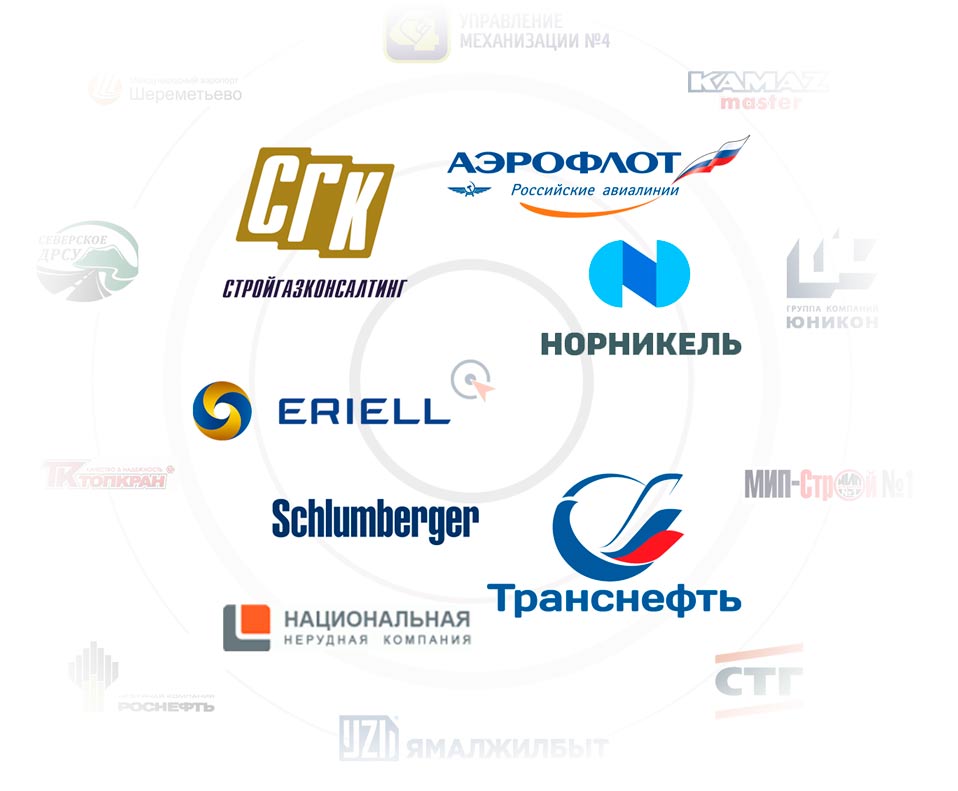



20+
Years of experience
11
Branch offices
25000+
Facilities under service
22
Regions of operation

Our social media
India:
Uzbekistan:
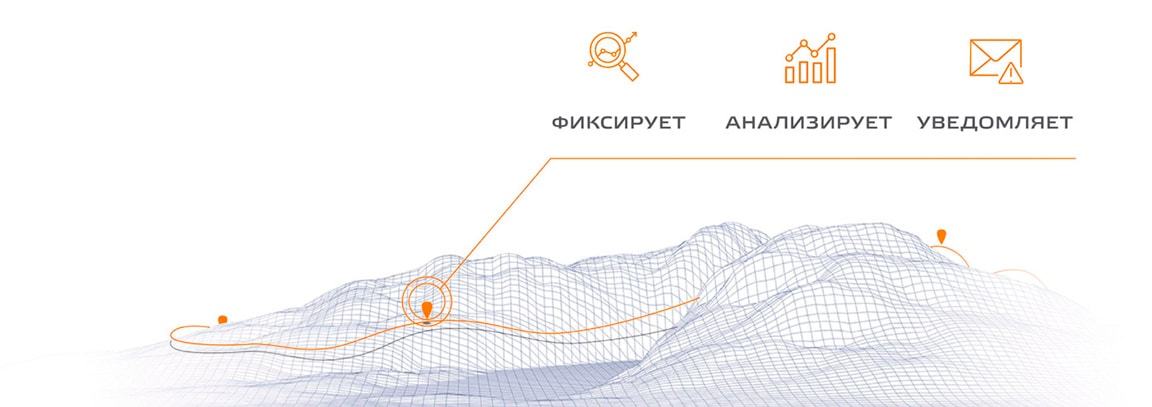
Fuel management
Up until recently, it was hardly real to control fuel consumption without losses. These processes lacked transparency. Besides, there was no centralized accounting, and all the data was recorded for each unit separately.
Neither frequent reviews nor security services could deal with fuel theft. Whereas in some cases culprits managed to steal up to 50% of fuel. However, that was before the fuel management solution entered the game.
Neither frequent reviews nor security services could deal with fuel theft. Whereas in some cases culprits managed to steal up to 50% of fuel. However, that was before the fuel management solution entered the game.

Tanks, tankers and all equipment in one electronic accounting system
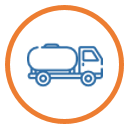
Fuel stations, containers for fuel storage
Fuel cards
Cash payment for refueling
Fuel cards
Cash payment for refueling
Why is fuel management so hard to organise?
Losses can be up to 50%!
Background:

Accounting of each unit is carried out separately
Fuel consumption operations remain in the shadow

Heaps of papers coming from several offices at once

Comparing papers with system data constitutes a daunting challenge
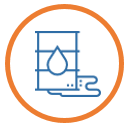
At the end of each month a great amount of fuel is filed away
Fuel management remains disorganised
Real fuel situation
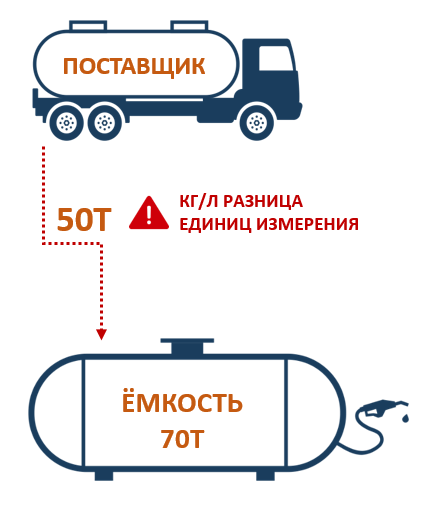
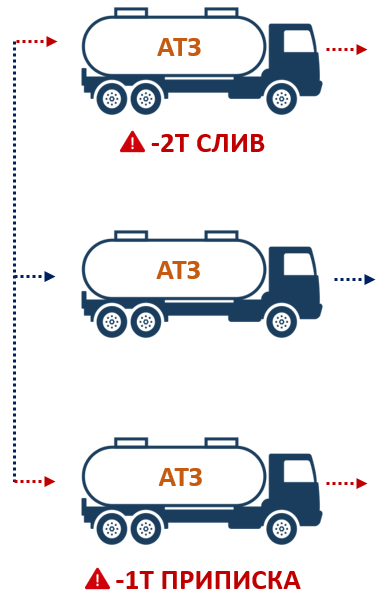

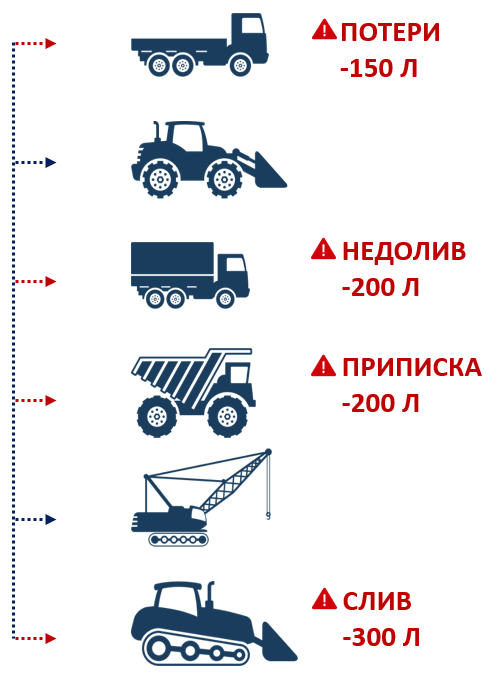
Large fuel losses at every stage
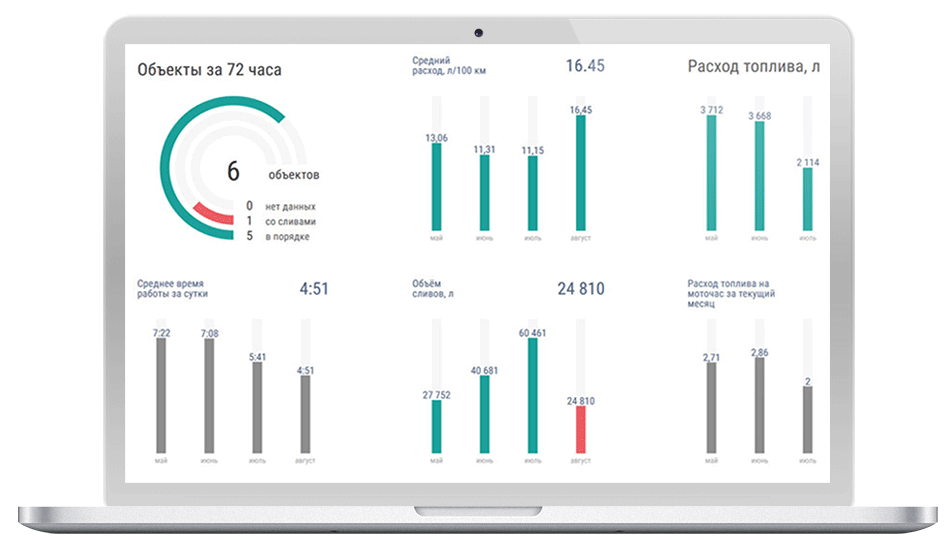
Fuel management solution and its components
undefined

MONTRANS fuel management enables users to push forward boundaries in balancing resources, making all the processes centralised and transparent. Fuel storage tanks, fuel tankers, and all vehicles are connected to one system.
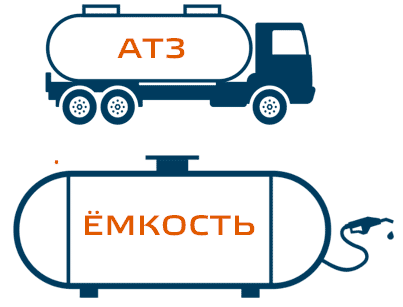
✔ Driver card
✔ Fuel metering system (FMS)
✔ Fuel level sensor (FLS)
Fuel-metering control grants the opportunity to generate reports on all fuel recipients, nozzle usage with precise date, time, location, and map markers.
Where needed the maximum fuel amount can be assigned to each driver card. Thus, employees wouldn't have a chance to overuse the resources, going beyond the limit.
Where needed the maximum fuel amount can be assigned to each driver card. Thus, employees wouldn't have a chance to overuse the resources, going beyond the limit.
With the implementation of Fuel management by MONTRANS the cost-saving level reached 30%. According to statistics, this solution for fuel control pays for itself within 2-3 months.
All the data provided by fuel-metering control and fuel level sensor gets synchronized and integrated into one system. These processes run in real-time and the reports are made out in soft copy.
Results
Optimization and reduction of fuel costs
Receipts and expenses at each stage of fuel supply
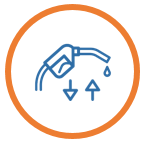
Elimination of losses and short-runs

Vendor and quality control

Cost reduction for paper handling
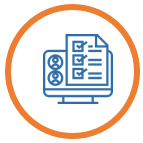
Consolidated reports containing fuel distribution stages

Optimization of financials
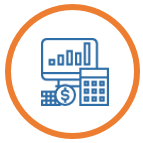


Check if MONTRANS digital fleet management is the right fit
Please provide your contact details to complete the request. Our manager will get in touch with you soon.



